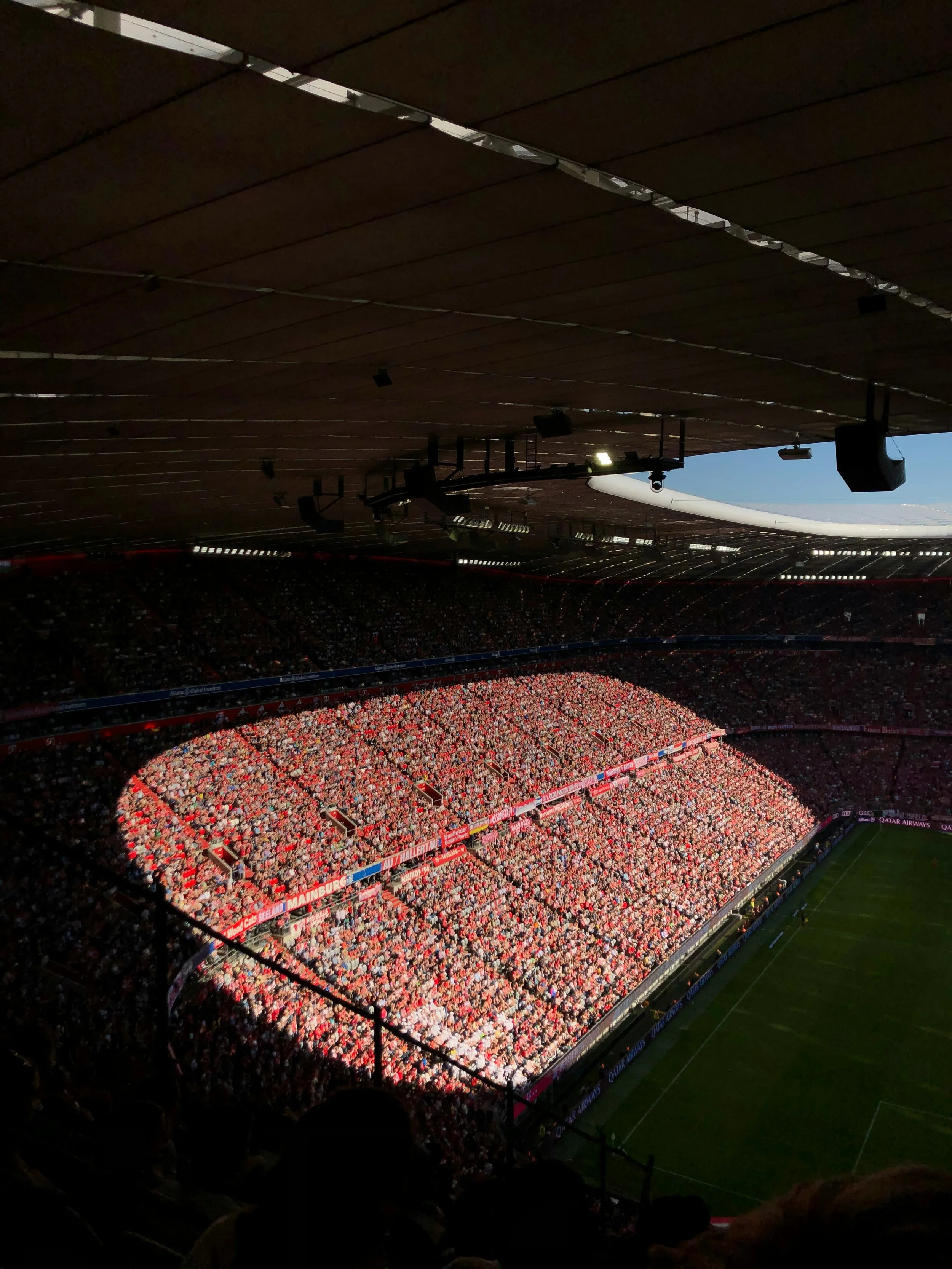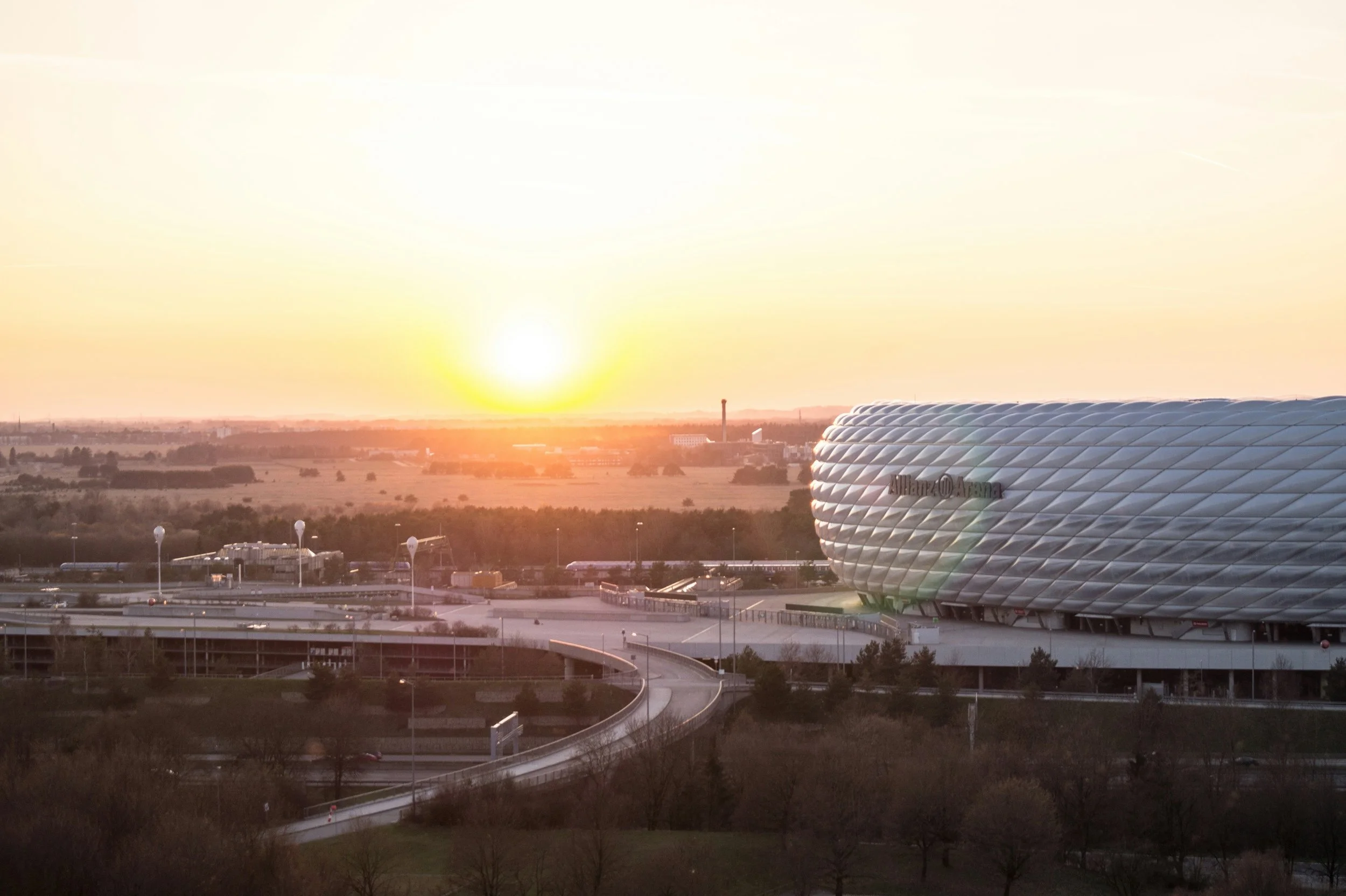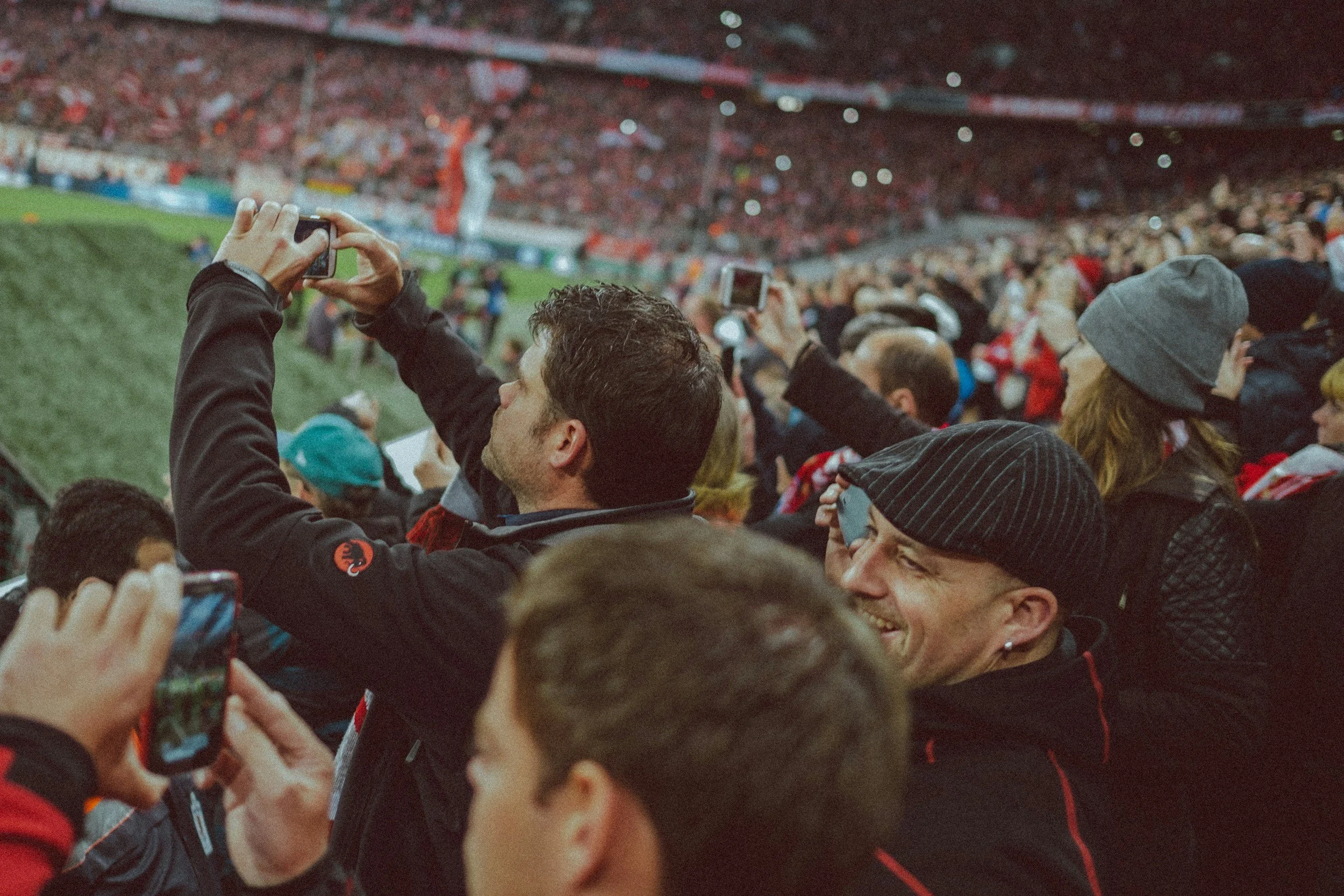munich
From Beer Halls to the Südkurve
Munich is a city shaped by centuries of tradition, where cobbled streets, baroque squares, and centuries-old beer halls meet a modern, lively energy. Its people take pride in their heritage, from long-standing craft breweries to the rituals of matchday football, where generations gather to cheer, sing, and celebrate together. Sport is woven into the city’s story — from the legendary triumphs of Bayern Munich to the historic terraces of 1860 München. On any given weekend, locals fill stadiums, parks, and riverside grounds, bringing life, color, and a sense of community that makes Munich more than a destination — it’s a city alive with its own heartbeat, a place where history and football meet in perfect harmony.
Explore the City
Munich blends tradition and energy seamlessly. Wander through Marienplatz, the city’s central square, and marvel at the Glockenspiel show. Sample fresh produce, local cheeses, and artisan goods at Viktualienmarkt. For a modern vibe, explore Glockenbachviertel, packed with cafés, bars, and nightlife.
For calmer moments, stroll along the Isar River, where locals picnic, kick a ball, or just relax. Don’t miss the Englischer Garten, one of the world’s largest urban parks — you can surf in the river, cycle, or sip a beer under the chestnut trees. Olympiapark, built for the 1972 Olympics, offers history, events, and panoramic city views from the tower.
Food & Beer Culture
Forget everything you think you know about beer — Munich is beer.
Legendary breweries: Augustiner Bräu, Hofbräuhaus, and Paulaner serve iconic liter-sized steins (Maßkrüge) of golden magic.
Beer gardens: Hirschgarten and Chinesischer Turm are perfect for pre-match pints in the sun.
Bavarian staples: Weißwurst (white sausage), giant pretzels, and Obatzda (cheesy beer snack) fuel both body and spirit for a long day of celebration.
Food is hearty, simple, and designed for long days and longer nights. Munich runs on beer, sausages, and joy.
FC Bayern München — The Empire
Love them or hate them, Bayern Munich define the city. The Allianz Arena glows red in the northern suburbs, hosting 75,000 roaring fans. Pre-match, the city hums with excitement: fans in red flood the U-Bahn, bratwurst smoke drifts from street vendors, and chants echo from every corner.
The Südkurve, Bayern’s ultras section, brings energy, choreography, and noise — reminding you that even in one of football’s most successful clubs, passion still comes from the streets.
TSV 1860 München — The Old Soul
Then there’s 1860 Munich, Bayern’s scrappy, historic neighbours in blue. Loyal fans fill the Grünwalder Stadion, creating an atmosphere steeped in tradition. An 1860 matchday is a visceral, authentic football experience, with stands shaking, beer flowing, and pure heart on display. Catching a Munich derby? That’s unforgettable.
Things to Do Between Matches
Munich is more than a football city — it’s a sports capital.
Olympiapark – climb the tower for skyline views, explore Olympic history, or enjoy rooftop events.
Englischer Garten – surf the Eisbach, picnic, or play casual football.
Isar River – walk, cycle, or watch locals enjoy riverside beer and games.
Museums & Culture – the Deutsches Museum (science and tech) and Alte Pinakothek (art) are top picks.
Shopping & Cafés – explore Sendlinger Strasse and Maximilianstrasse for boutiques, or grab a coffee at a riverside café.
Where Fans Go
Pre-match, fans swarm beer halls and pubs:
Stadion an der Schleißheimerstraße – every game on screen, surrounded by locals.
Arena Treff – near the Allianz Arena, buzzing before Bayern matches.
Giesinger Bräustüberl – a brewery with loyal 1860 fans.
Schall & Rauch – combines beer, food, and football screens.
After the match, head to Schwabing or Glockenbachviertel, where bars and clubs keep the celebration alive.
Why Munich?
Because Munich is more than a Bayern stronghold — it’s a city that lives sport. Fans remember the 1974 World Cup like yesterday, and locals treat matchdays like national holidays. Football connects everything — from old beer halls to modern stadiums, from the Alps to the Isar. It’s clean, loud, stylish, and full of soul. Here, history and football exist in perfect harmony.






